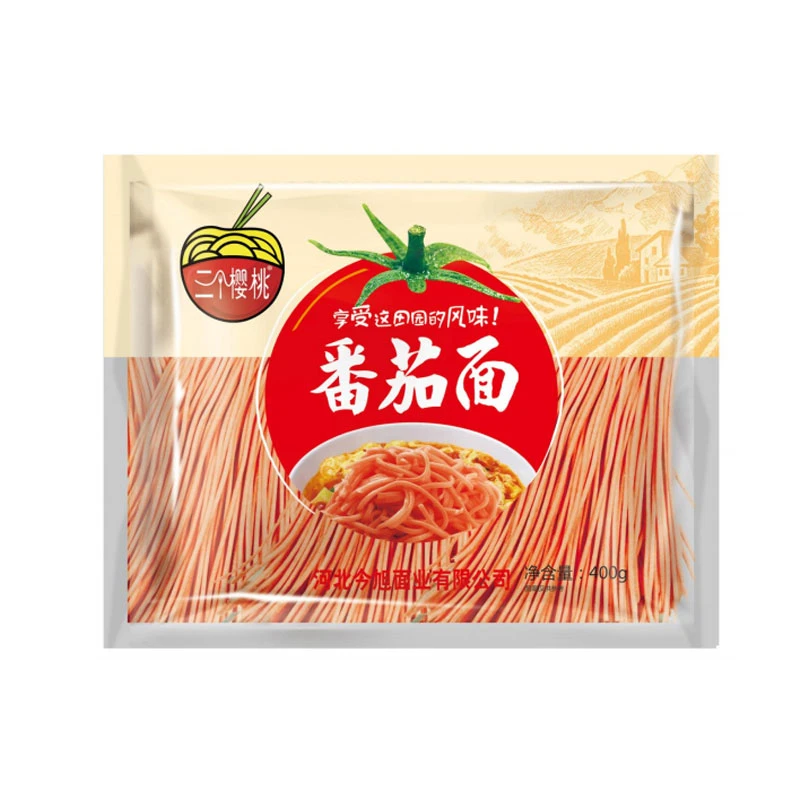Advantages of Wholemeal Pasta for a Healthier Diet and Lifestyle Choices
The Benefits of Wholemeal Pasta
Wholemeal pasta, often referred to as whole grain pasta, has gained popularity in recent years as a healthier alternative to traditional white pasta. Made from whole grains, which include the bran, germ, and endosperm of the wheat kernel, wholemeal pasta retains more nutrients and fiber than its refined counterpart. Here, we delve into the myriad benefits of incorporating wholemeal pasta into your diet.
Nutrient Density
One of the primary advantages of wholemeal pasta is its nutrient density. Whole grains are rich in essential vitamins and minerals, including B vitamins, iron, magnesium, and zinc. These nutrients play a vital role in various bodily functions, from energy metabolism to immune health. In contrast, white pasta, which is made from refined flour, often loses a significant portion of these nutrients during processing, making wholemeal pasta a superior choice for those aiming to boost their nutritional intake.
High Fiber Content
Wholemeal pasta boasts a higher fiber content compared to traditional pasta. A serving of wholemeal pasta can contain nearly twice the amount of fiber as white pasta. This increased fiber intake can help promote digestive health by preventing constipation and supporting a healthy gut microbiome. Moreover, dietary fiber is known to help maintain a healthy weight by promoting a feeling of fullness, which can reduce overeating and snacking between meals.
Lower Glycemic Index
Another benefit of wholemeal pasta is its lower glycemic index (GI). Foods with a low GI are digested and absorbed more slowly, leading to steadier blood sugar levels. This can be particularly beneficial for individuals with diabetes or those looking to manage their weight. Eating wholemeal pasta may help prevent spikes in blood sugar and improve overall insulin sensitivity, making it a smart choice for those concerned about their metabolic health.
Heart Health
benefits of wholemeal pasta

Whole grains, including wholemeal pasta, are associated with numerous heart health benefits. Regular consumption of whole grains may help reduce the risk of cardiovascular diseases. The fiber content helps to lower cholesterol levels, while the antioxidants found in whole grains can combat inflammation and improve artery function. By choosing wholemeal pasta over refined options, individuals can take proactive steps toward maintaining a healthy heart.
Versatile and Delicious
Wholemeal pasta is not only nutritious but also incredibly versatile and delicious. It can be used in a variety of dishes, ranging from hearty pasta bakes and salads to comforting soups and stews. Wholemeal pasta has a slightly nuttier flavor and a firmer texture, which adds a unique element to meals. This adaptability allows it to pair well with a wide range of sauces, vegetables, and proteins, making it an easy addition to any diet.
Supporting Sustainable Agriculture
Choosing wholemeal pasta can also have positive implications for sustainable agriculture. Whole grains generally require less processing and often come from more sustainable farming practices. By opting for wholemeal pasta, consumers can support agricultural methods that prioritize soil health and the environment, promoting a more sustainable food system.
Conclusion
Incorporating wholemeal pasta into your diet is an easy and delicious way to enhance your nutritional intake and promote overall health. With its rich nutrient profile, higher fiber content, lower glycemic index, and heart health benefits, wholemeal pasta stands out as a superior choice compared to its refined alternatives. Plus, its versatility in various dishes makes it a staple for many diets, from vegetarian to meat-based meals.
In a world increasingly focused on health and wellness, wholemeal pasta offers not only culinary delight but also a pathway to better health. Embrace the benefits of wholemeal pasta and enjoy a nourishing and fulfilling dining experience.
-
Unleash Your Inner Chef with Delectable Italian Pasta CreationsNewsAug.01,2025
-
Savor Health and Flavor: Irresistible Soba Noodles for Sale Await!NewsAug.01,2025
-
Nourish Your Body with Premium Organic Ramen - A Culinary Delight AwaitsNewsAug.01,2025
-
Elevate Your Dishes with Our Exquisite Kinds of Egg NoodlesNewsAug.01,2025
-
Dive into Flavorful Convenience with Our Ramen OfferingsNewsAug.01,2025
-
Discover Exquisite Types of Naengmyeon and Chilled Soba NoodlesNewsAug.01,2025
-
Is Whole Wheat Pasta Healthy?NewsMay.30,2025
Browse qua the following product new the we

















































































































